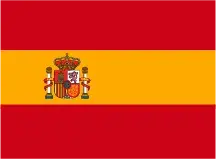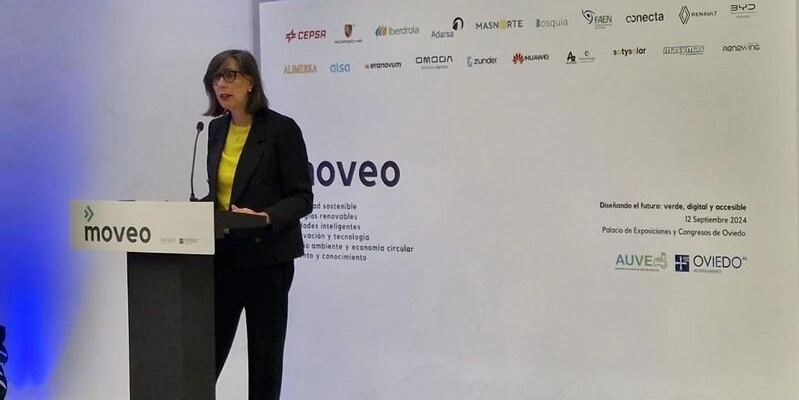Recently, and after a long period of uncertainty in the sector, the Government announced the extension of the Moves III Plan until December 2024, with an injection of 200 million euros.
In this context, Nieves Roqueñí, Minister of Ecological Transition, Industry and Economic Development of the Government of Asturias, details to Mobility Portal España within the framework of Moveo the management of this program in the community.
What condition is it in?
“In Moves I and II, we have managed more than two and a half million euros, and all requests have been resolved, although not all have been paid,” she says.
This is partly because applicants must justify expenses.
As for Moves III, she says: “At this moment, we have approximately seven million euros that would already be finalised.”
How is the management of the plan progressing?
The third edition of the programme received around eight million euros in its first call.
“Thanks to subsequent releases of funds, we now have 28.6 million euros to promote electric mobility and the deployment of charging infrastructure,” she states.
And she emphasizes: “It is an absolutely unprecedented program that must be taken full advantage of.”

This effort, however, is not without challenges.
The councillor says: “The great challenge facing the administrations is to resolve the requests in the shortest time possible.”
This is because bureaucracy becomes an obstacle, not only for users, but also for authorities, since European funds are involved, which implies extensive and complex administrative management.
So far, Asturias has registered more than 4,400 individual applications that require review, a process that “demands time and resources.”
“We are strengthening our teams to provide a timely response to citizens,” says Roqueñí, highlighting her institution’s commitment to the people of Asturias.
In this context, she acknowledges that, although the prices of electric vehicles are beginning to be more competitive, it is still necessary to provide incentives to stimulate demand.
Another crucial aspect remains the deployment of charging point infrastructure, “especially fast and ultra-fast ones.”
The councillor argues: “This is the key to ensuring that users who need to make longer journeys are certain that they will not be limited.”
This vision is shared by many in the sector, who advocate for an extensive and accessible “refuelling” network that promotes electric mobility.
And this is not the only obstacle.
“We have a challenge: to follow Portugal’s example and unify payment platforms”
The advisor, in turn, proposes unifying payment systems to simplify the user experience and sets the neighboring country as an example.
“The strength of the Portuguese market is based on the ease it offers to citizens, who do not have to worry about the cost of recharging their car,” she explains.
Currently, Spain has more than 34,000 charging points, but each station operates with a different payment application.
This leads to many users having to deal with multiple apps, making the provisioning process difficult.
Portugal‘s model, meanwhile, is characterised by its focus on interoperability, allowing drivers to make journeys across the country with a single card.
Not only does this improve the experience, it also encourages competition in the sector, allowing smaller companies to compete with market giants.
Although this need is recognised at the regional level in Asturias, “there is little we can do to force a change.”
“This is a national challenge that will require the creation of regulations and the promotion of standardisation with regard to applications and, in particular, payment platforms,” the minister stresses.
What role does Moveo play in all this?
The Oviedo Exhibition and Congress Palace recently became the epicentre of electric mobility and sustainability thanks to Moveo, which celebrated its third edition this year.
The opening of the event organized by the Association of Electric Vehicle Users (AUVE) brought together more than 150 professionals under the motto “Designing the future: green, digital and accessible”.
This not only served as a platform for dissemination, but also addressed in depth all aspects of the sustainability ecosystem.
In this regard, Roqueñí highlights the role of Moveo and AUVE: “This is a spearhead that allows society to understand that change is here.”
He also stressed that promoting sustainable mobility requires a collective effort involving administrations, manufacturers, vendors and citizens.
“In this sense, AUVE and Moveo aim to raise awareness and make the public aware that there are alternatives beyond traditional combustion cars,” she concludes.








